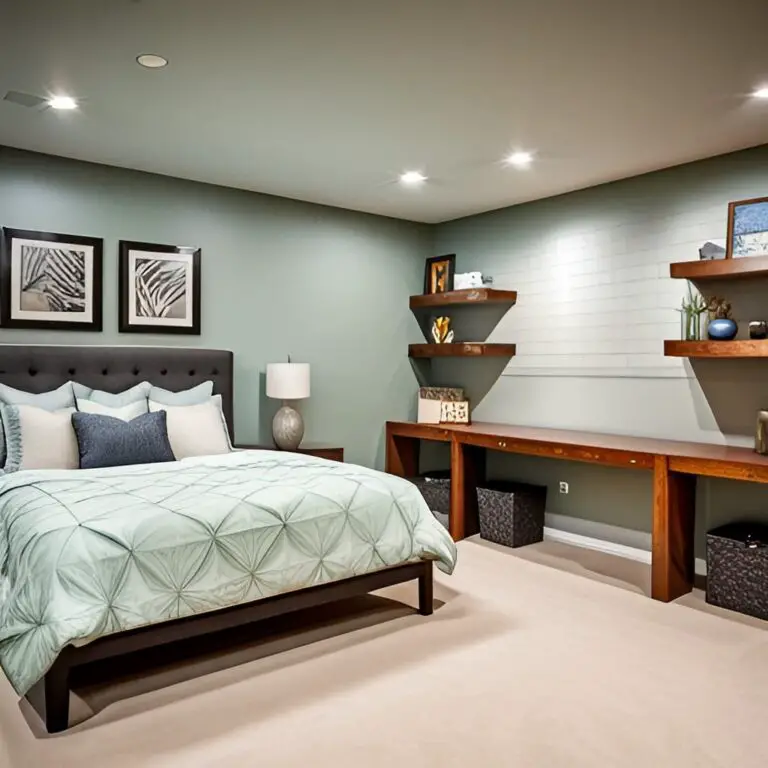Condo Vs Townhouse: Which One Is Right For You?
Purchasing a townhouse or condo can be a lucrative investment opportunity. Unlike traditional stock market investments, real estate buyers have the flexibility to leverage their acquisition by making a partial upfront payment and then repaying the remaining balance, plus interest, over time. However, buying a home is a significant life milestone that requires careful consideration. It’s essential to weigh the pros and cons of each option before making a decision.
When it comes to choosing between a townhouse and condo, many potential buyers are unsure about which type of property suits them best. To help you make an informed choice, we’ll delve into the advantages and disadvantages of both options. Let’s start with condos:
WHAT IS A CONDO?
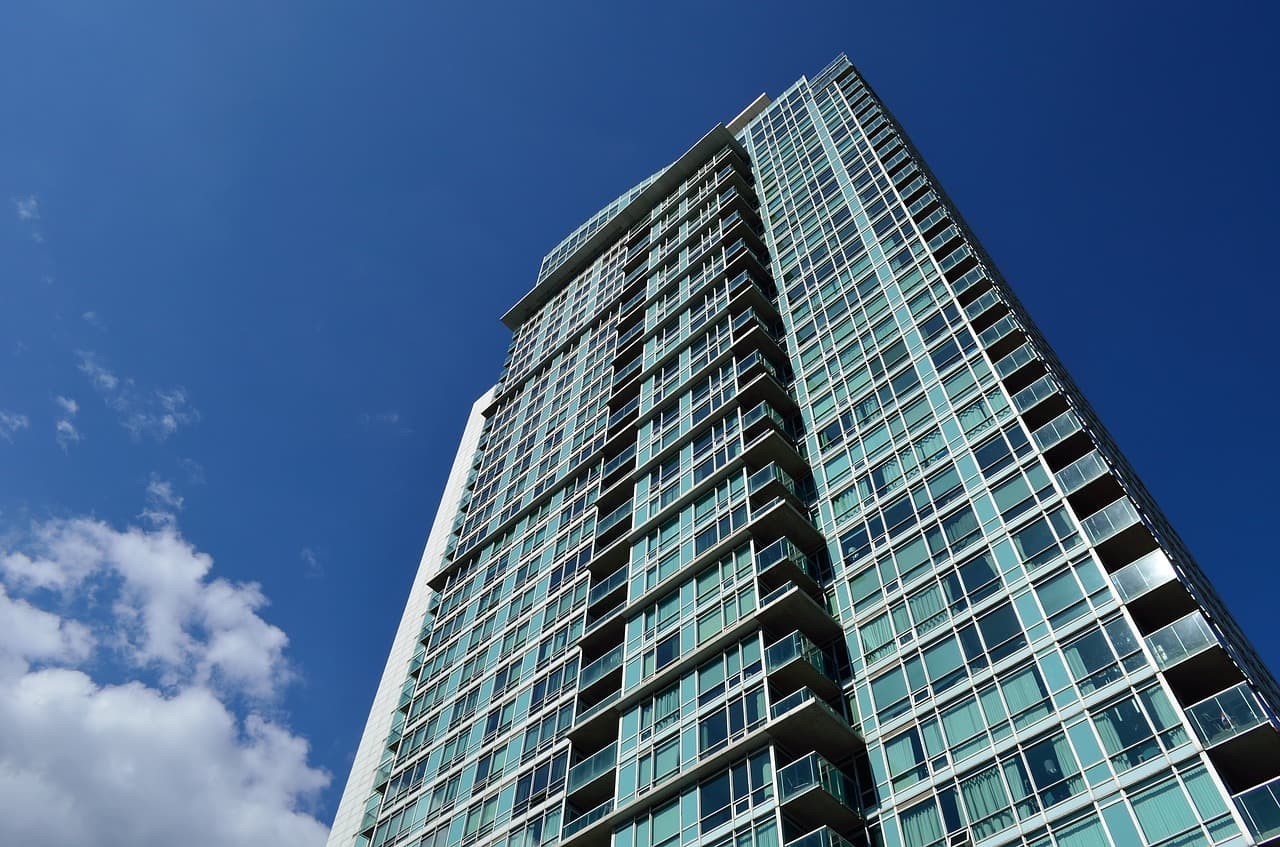
A condominium, or condo for short, is a residential structure where individual owners occupy private units within the complex. Ranging from single-family homes to high-rise buildings, condos come in diverse sizes and styles. As a condo owner, you share common areas with fellow residents, including amenities like fitness centers, pools, and meticulously maintained grounds. To maintain these shared spaces, condo owners pay a monthly fee.
For those seeking more information about the world of condos, additional resources can be found here.
Condominium Association
In the world of real estate, there are many types of communities, each with its own unique characteristics and governing bodies. For instance, a Condominium Association plays a vital role in condo living, mirroring the functions of a Homeowners Association (HOA) found in townhouse complexes. At its core, a condominium association is a collective group of owners or tenants residing within a single building or apartment complex, where individual units are separated from one another.
PROS OF CONDO
Reasonable Price
When it comes to real estate, condominiums (condos) often present a more affordable option compared to single-family homes. In some regions and communities, condo prices can be significantly lower than those of single-family homes. This makes condos an attractive choice for first-time homebuyers or those with limited budgets looking to take the first step into homeownership. Condos also boast impressive market value, as their capital appreciation over time is often substantial.
This is largely due to the highly desirable locations where many condos are situated, making them a valuable investment opportunity.
Maintenance
For many people, one of the biggest advantages of condo living is the lack of maintenance responsibilities. When you live in a condo, everything outside your unit’s walls – including the building’s exterior and shared spaces – is taken care of by others. This can be a huge relief for those with busy schedules or who enjoy traveling, as they can still appreciate the community’s amenities without having to worry about upkeep tasks.
Amenities

While condos can vary greatly in terms of the amenities they offer, these differences ultimately stem from the unique needs and preferences of their residents, as well as the local environment. Despite these variations, there are certain fundamental expectations that define a high-quality condominium experience.
For instance, a reliable 24-hour parking solution, ample storage space for residents’ belongings, access to on-site fitness facilities or nearby parks, and a commitment to eco-friendly and energy-efficient building practices are all essential components of a desirable condo community.
Rent
In many cases, condos are situated in bustling city centers where space is at a premium. This scarcity of square footage has sparked a surge in demand, driven primarily by individuals seeking convenient and affordable housing options near their workplaces.
Security
When security is a top priority, condos have taken significant strides in home protection. With a larger number of individuals associated with a condo building compared to a single-family home, advanced security measures are essential. Many condominium complexes can be found in neighborhoods that already prioritize security through features like gated entries, doorkeepers, and camera surveillance.
This heightened sense of security can be especially reassuring for those who live alone or have concerns about apartment safety, as it significantly reduces the risk of home break-ins. Furthermore, condo living often means being surrounded by a community of people, providing added peace of mind in case of an emergency, with help readily available from neighbors and fellow residents.
CONS OF CONDOS
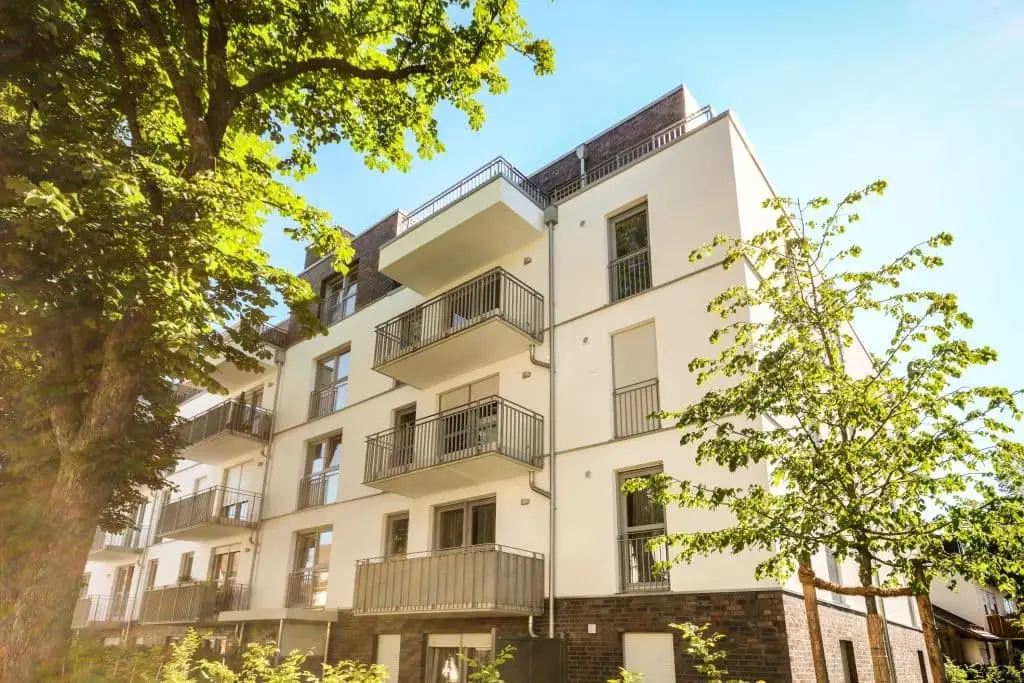
While condos offer numerous advantages, it’s essential to acknowledge some limitations that come with this type of housing. These include:
Monthly fees
When it comes to condos, one of the most significant perks is the array of amenities they offer. These can range from a relaxing swimming pool to a state-of-the-art fitness centre, not to mention the added peace of mind that comes with a top-notch security system and a dedicated maintenance crew. Of course, all of these luxuries come at a cost, which is reflected in your monthly condominium fee. This fee, in turn, is used to fund the upkeep and maintenance of the property itself.
Crucially, the size of this fee will vary depending on factors such as location, the overall size of the condo complex, and the quality of the amenities provided.
Privacy
While townhouses and condos share similarities in that they often have shared walls with adjacent or nearby neighbors, condos also come with the added complexity of being part of a larger community. This dynamic can sometimes lead to challenges in achieving a peaceful living space, especially when individuals with diverse personalities are involved.
Financial burden
In condominium communities, shared financial responsibility can create a delicate balance. When some residents struggle to make ends meet and are unable to pay their association dues, it can have a ripple effect that impacts everyone else. As a result, those who do pay their dues may find themselves shouldering the burden of others’ noncompliance, ultimately leading to increased costs for all.
Resale
While it’s not uncommon for condo buyers to be fewer in number compared to those seeking single-family homes, there are still factors that contribute to this disparity. For one, many families prioritize having a yard where their kids can play and their pets can roam freely. Additionally, some individuals simply prefer the seclusion and freedom that comes with owning property on their own land rather than living in close proximity to neighbors.
Furthermore, some condos have pet restrictions or no-pet policies altogether, which may be attributed to concerns about allergies or other issues, thereby further limiting the pool of potential condo buyers.
Rules
When living in a condo, it’s essential to respect the administration rules that govern your community. While these guidelines aren’t mandatory, certain conditions require cooperation to avoid any potential issues. For instance, if you want to install green energy technology, such as solar panels on the roof to reduce your home’s energy consumption, you’ll need to hire a professional to assess the roof and determine the best installation location.
However, before proceeding with the work, you must obtain approval from the condo association. Your community’s rules may also dictate restrictions on the number of pets you’re allowed to have or even prohibit certain breeds altogether.
Similarly, when it comes to townhouses, we’ll adopt a comparable approach. We’ll start by examining the pros and cons of this type of dwelling to gain a better understanding of what they have to offer.
WHAT IS A TOWNHOUSE?
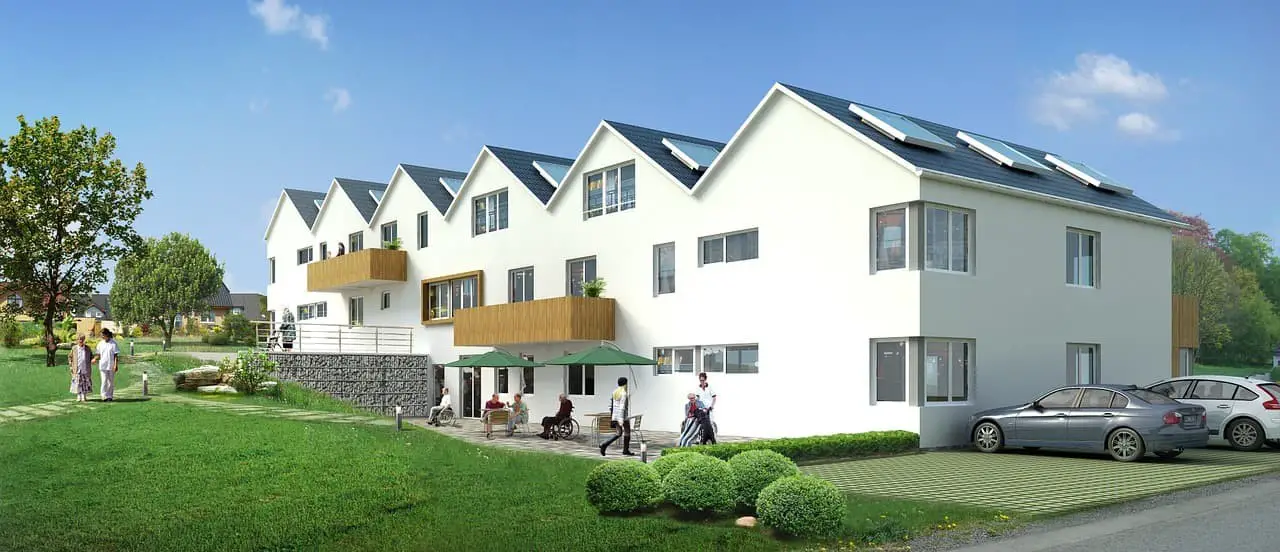
When it comes to residential properties, townhouses – also known as row houses – offer a unique blend of space and community. By sharing at least one wall with another structure, townhouses provide a sense of belonging without sacrificing individuality. With your own entrance, possibly even a private basement, driveway, garage, and backyard, you can enjoy the best of both worlds.
For those seeking the comforts of a single-family home but with reduced maintenance responsibilities, townhouses can be an attractive option. However, it’s essential to consider the trade-offs that come with homeownership in a development. As a townhouse owner, you’ll be subject to the rules and regulations set by the property’s homeowners association (HOA) – a decision that may impact your lifestyle.
PROS OF A TOWNHOUSE
Price
While single-family homes and townhouses may share similar square footage, one key difference lies in their price tag. Townhouses are generally more affordable than detached houses due to the cost-effective nature of building properties with shared walls. This approach reduces construction expenses, ultimately benefiting buyers with lower upfront costs.
For those on a limited budget looking to invest in an income property, a townhouse purchase offers a viable option without requiring a substantial down payment.
Maintenance
While standalone single-family homes require significant investments in exterior maintenance, townhouses offer a more low-maintenance living experience. As a homeowner, you’ll typically be responsible for maintaining your property’s interior, while the Home Owner Association (HOA) takes care of the exterior upkeep, including lawn care, snow removal, and garbage collection.
This can be a major draw for first-time homebuyers who may not have the time, resources, or expertise to tackle these tasks on their own. As such, townhouses are an excellent option for those looking to minimize their responsibilities and enjoy a more relaxed living situation.
Amenities
While single-family homes often provide ample outdoor space, including front yards, backyards, and sometimes even pools, the surrounding area can feel limited. In contrast, townhouses can be surprisingly versatile when it comes to outdoor living. Although they may have compact spaces, clever design and some creative problem-solving can transform your backyard into a haven. What’s more, many modern townhouses offer an array of amenities that can significantly enhance your lifestyle.
As part of your homeowners association (HOA) fees, you might enjoy access to shared facilities like playgrounds, swimming pools, gyms, tennis courts, or clubhouses.
Rent
While the initial purchase price of a townhouse may be lower compared to a detached home of similar size, it’s often overlooked that rental yields for townhouses tend to be lower as well. As a result, homeowners who decide to rent out their properties typically charge less in rent. This reduced pricing makes townhouses an attractive option for those seeking alternative income streams, as they’re generally easier to lease and manage compared to larger detached homes.
Community
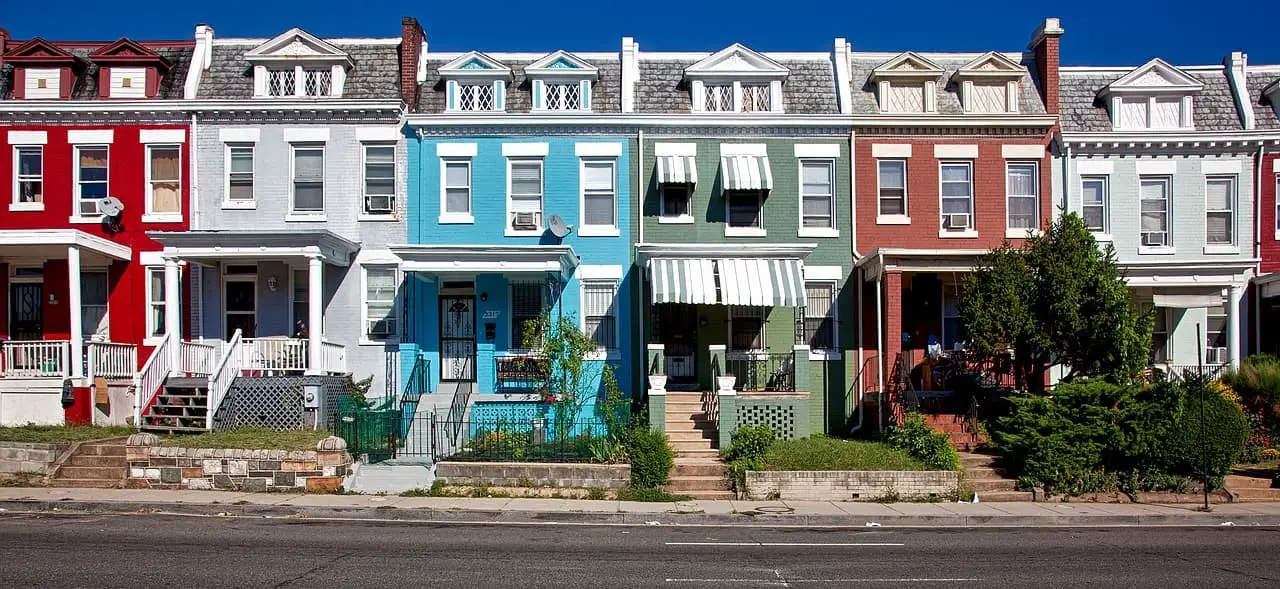
For those who thrive in social settings or are new to an area, the intimate atmosphere of a townhouse can be particularly advantageous. By living in close proximity to others, it’s easier to form connections with the people around you, including families and neighbors, which can lead to lasting relationships and a stronger sense of community.
Freedom
In residential communities with townhouses, homeowners are required to comply with regulations set by the HomeOwner Association (HOA). The HOA’s guidelines aim to maintain uniform property values and aesthetics within the community. While this may impose some restrictions, townhouse owners enjoy greater flexibility when it comes to interior design choices, including exterior spaces.
This means that residents have more freedom to make decisions about their living space, allowing them to travel or relocate without worrying about the security of their property.
CONS OF A TOWNHOUSE
While townhomes offer several benefits, it’s essential to weigh these advantages against the potential downsides. For instance, when deciding between a townhome and a standalone property, it’s crucial to consider the following limitations.
HOA fees
When purchasing a townhouse, it’s essential to consider the maintenance fees that come with homeownership. These charges can vary greatly, depending on the type of property and services provided by the homeowners association (HOA). Monthly fees can range from a modest $100 to a more substantial $700, with an average cost of $200 per month. These expenses can significantly impact your mortgage payments and overall affordability of the property.
HOA Regulations
Homeowners Associations (HOAs) exist to promote the common good and protect property values. As a legal entity, they establish guidelines to ensure the preservation of their properties. These rules often pertain to aspects such as landscaping, exterior decorations, and changes in design, including painting schemes, storage facilities, and noise levels. While these regulations are intended to maintain community standards, some townhouse owners may find them restrictive.
Privacy
When it comes to townhouses, one of the key aspects is that they often share walls with neighboring properties. This can lead to concerns about noise levels and privacy. Typically, a townhouse will be attached to another home on one side, creating a sense of proximity with your neighbors.
The reality is that this close living arrangement can sometimes result in disruptions, such as loud disputes, blaring music or TV, or even the sound of children’s screams late at night, which can make it challenging to get a good night’s rest.
Resale
When assessing the resale value of a townhouse, two key factors come into play: market demand and location. However, there’s an often-overlooked consideration that can significantly impact a property’s worth – maintenance. A townhouse that fails to receive regular upkeep and repairs will likely see its value decline over time.
THE BIG QUESTION – A CONDO OR A TOWNHOUSE?
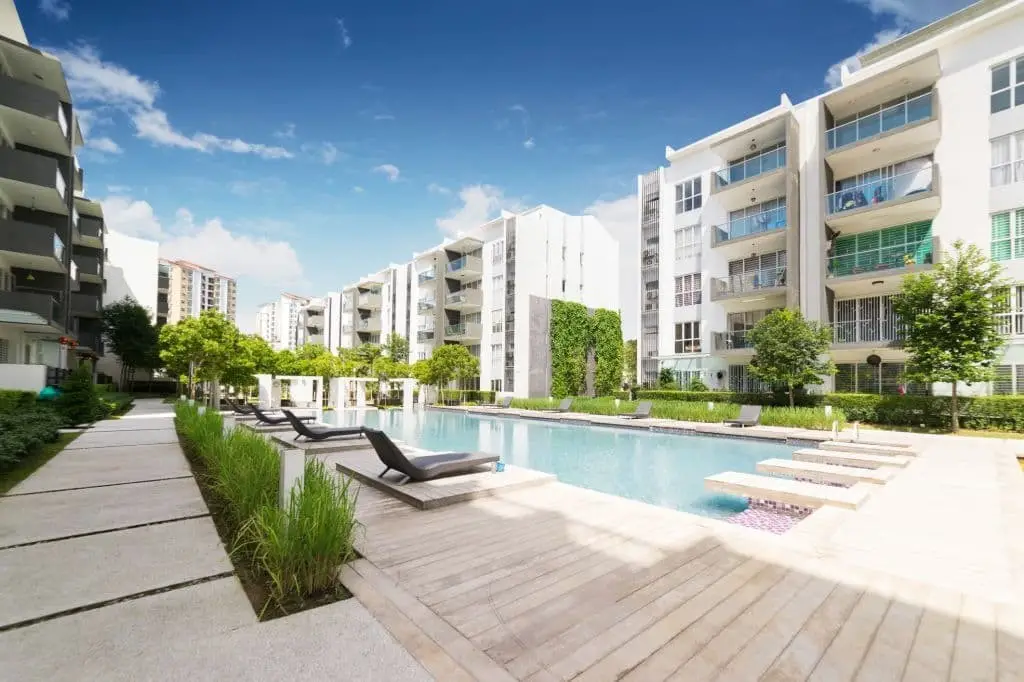

When weighing the pros and cons of condos and townhouses, choosing between the two ultimately comes down to a careful consideration of several key factors. Before making an investment decision, it’s essential to take into account the unique characteristics of each type of residence. While both townhouses and condos share some common features, such as shared common areas and proximity to neighbors, there are distinct differences that can significantly impact your lifestyle and budget.
For instance, the role of homeowners association (HOA) fees, amenities, and level of maintenance required can vary greatly between the two. Therefore, it’s crucial to gather all relevant information before making a decision. By doing so, you’ll be better equipped to make an informed choice that aligns with your personal preferences and financial situation. For added insight, resources such as Precondo provide comprehensive guides on condos, offering valuable insights for potential buyers.
Cost, Down Payment and Tax
Before diving into real estate investments, it’s essential to tackle your financial concerns first. To illustrate this point, let’s compare the costs of condos and townhouses. While the initial cost of a condo may be lower than that of a townhouse, the living space in condos is generally more compact. Moreover, monthly fees for condos can vary depending on the location, but they often fall within a similar range to those of townhouses.
The good news is that there’s an increasing number of condominium projects available, allowing you to make informed decisions based on your financial situation. In terms of down payments, both condos and townhouses typically require similar amounts, which can vary depending on the state or builder. When it comes to taxes, condos are assessed property taxes just like townhouses and single-family homes, although some states may have slightly lower tax rates for condos.
Contact multiple realtors
When searching for a new property, many people overlook the benefits of working with a reliable realtor. By having a seasoned professional by their side, individuals can avoid the time-consuming and costly process of viewing every potential property. Real estate agents have extensive knowledge in selling apartments, condos, townhouses, and luxury homes, making them an invaluable asset when navigating the complex world of real estate.
When selecting a realtor, it’s crucial to choose one with a proven track record of working with condos and townhouses. This can be achieved by researching their previous clients’ testimonials or conducting phone interviews. A reputable realtor will take the time to understand your unique needs and preferences, providing you with tailored property listings that cater to your requirements.
One of the most significant advantages of working with a realtor is their expertise in navigating the intricacies of state-specific property laws and regulations. As each state has its own set of rules, buying into a property also means complying with local tax terms and agreeing to certain restrictions. Moreover, condo and apartment buyers must agree to CC&Rs under HOA (HomeOwners Association), which can be overwhelming for an unprepared individual.
By partnering with a realtor, you’ll gain access to their in-depth knowledge of these legal procedures, ensuring that your investment is protected and your interests are safeguarded.
Convenience

After clearing financial hurdles, it’s time to focus on geography. When it comes to family homes, townhouses often take precedence over condos. However, it’s crucial to consider factors beyond just location. A thorough examination of the area’s development, including current and potential projects like schools, hospitals, transportation, and connectivity, is essential. This consideration will pay dividends in the long run as you upgrade your lifestyle and want to maintain a strong resale value.
Ultimately, the choice between a condo and a townhouse boils down to personal preference. If you’re drawn to condo living, you’ll likely prioritize easy access to necessities. In this case, look for a neighborhood with proximity to major transit routes, multiple entry points, and efficient connectivity. On the other hand, if you prefer the space and privacy of a townhouse, seek out options that balance seclusion with easy accessibility.
When considering your preferences, think about the structure and qualities that make an ideal home. Do you want a quiet neighborhood or one with a lively atmosphere? Are you looking for proximity to parks, shopping, or entertainment? Whatever your priorities, taking the time to weigh these factors will help you find the perfect fit.
Personal preferences
When considering a condo or townhouse purchase, it’s essential to give careful attention to the layout and floor plans. The cost of rectifying any mistakes after buying can be substantial. As you navigate this process, take the time to thoroughly examine the dimensions of each room and space within the property, taking precise measurements where necessary. A key takeaway is to avoid rushing into a decision and instead weigh your options thoughtfully.
Several factors to keep in mind as you evaluate potential properties include:
The placement and size of doors and windows,
The amount of natural light each room receives,
The positioning of bathrooms, balconies, and other key features,
And the ceiling-to-floor height.
Examine the structure materials
When it comes to investing in condos or townhouses, it’s essential to consider the intricacies of building design and construction materials. With numerous projects underway, architects are creating complex designs for hundreds of residential units. As a buyer, it’s crucial to scrutinize these designs and assess the property’s strength, taking into account potential seismic activity. This requires having an expert review the architect’s work.
Additionally, understanding the market dynamics is vital, as variables affecting real estate prices can be highly volatile. By thoroughly evaluating the property and staying informed about market trends, investors can make a well-informed decision and potentially secure a profitable future investment.
Related Posts
To pursue a career as a building code inspector, follow these steps. First, earn a bachelor’s degree in architecture or a related field. Next, gain relevant work experience through internships or entry-level positions. Obtain certifications like the Building Code Inspector Certification (BCIC) to demonstrate your expertise. Stay up-to-date with industry developments and best practices by attending conferences, workshops, and online courses.
Consider earning a master’s degree for advanced roles or specializations. For landscape architects, a professional degree in landscape architecture is essential. Gain practical experience through internships and entry-level positions. Obtain certifications like the Landscape Architecture Certification (LAC) to showcase your skills. Stay current with industry trends by attending conferences, workshops, and online courses.
Building consultants can pursue certifications like the LEED AP (Leadership in Energy and Environmental Design Accredited Professional) or WELL AP (Wellness Institute for Leaders and Employees) to demonstrate their expertise. For a green building consultant, a bachelor’s degree in architecture, engineering, or environmental science is suitable. Gain relevant work experience through internships or entry-level positions.
Stay updated with industry developments by attending conferences, workshops, and online courses.

